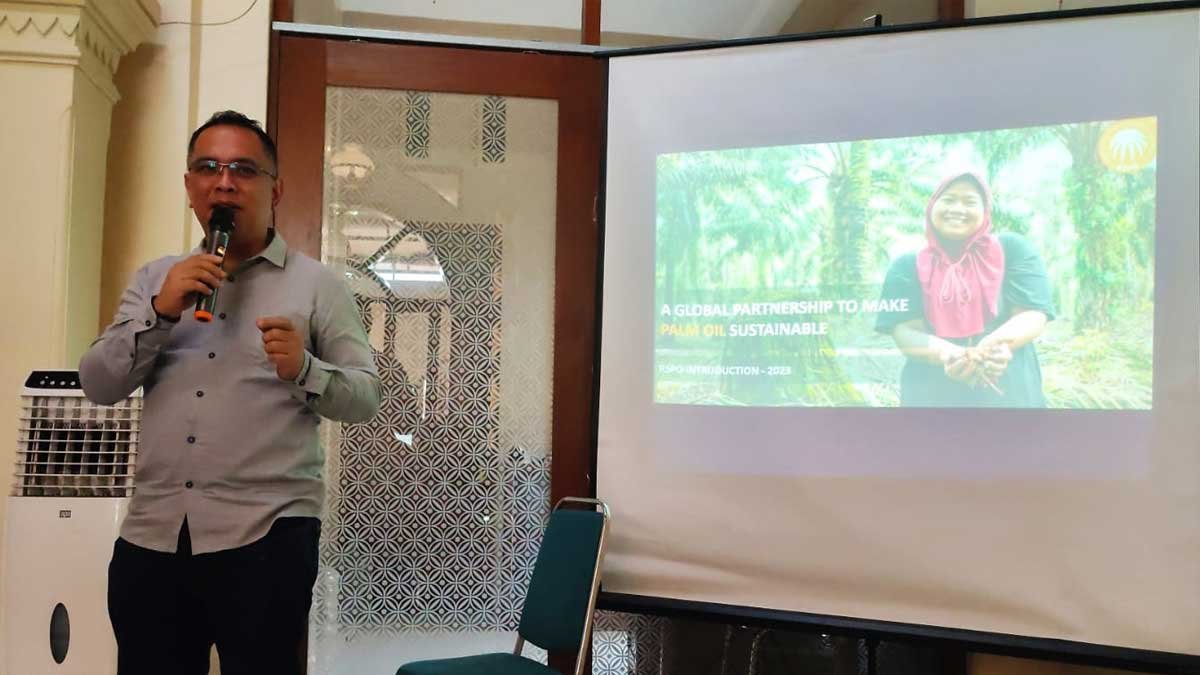PALMOILMAGAZINE, JAKARTA — The Roundtable on Sustainable Palm Oil (RSPO) has continued to drive improvements in the sustainable palm oil sector since 2024, with a strong focus on involving independent smallholder farmers in its global trade supply chain. Through its ongoing market transformation, RSPO aims to empower smallholders to gain greater economic leverage from palm oil and its downstream products.
Recognizing that independent oil palm farmers still require significant support, RSPO has identified them as key stakeholders who must be actively engaged in the sustainable palm oil market. Their participation is not only essential for economic equity but also for enhancing traceability and transparency within the global supply chain.
By engaging directly in the sustainable trade system, farmers are able to document and verify their plantation practices, ensuring better traceability of raw materials used by global manufacturers. This improves industry confidence in the sustainability and social responsibility of palm oil production.
Smallholder farmers play a crucial role in upholding the RSPO’s Principles and Criteria, which emphasize deforestation prevention and the protection of human rights. RSPO supports farmers through practical training, helping them adopt sustainable and socially responsible practices in managing their plantations.
“The inclusion of smallholders is central to RSPO’s market transformation agenda. Their active involvement strengthens sustainability across the entire palm oil supply chain,” said Dr. M. Windrawan Inantha, Deputy Director of Market Transformation at RSPO. “By integrating farmers into the global value chain, they can reap more significant economic benefits.”
Since its founding over two decades ago, RSPO has certified 5.2 million hectares of palm oil plantations across 23 countries, producing 16.1 million tons of Certified Sustainable Palm Oil (CSPO) in 2023. In Indonesia, certified plantation areas grew by 8.4% that year. By September 2024, certification had expanded by another 5%, reaching over 2.7 million hectares — supported by a 6% increase in RSPO membership among Indonesian producers. However, the domestic market still only absorbs around 1.6% of certified RSPO palm oil.
“Independent smallholder certification has surged by 60% annually, with the latest data showing 25,579 smallholders have successfully obtained RSPO certification,” Windrawan noted.
This growing participation reflects a positive shift in the role of independent farmers in the sustainable palm oil ecosystem, reinforcing global efforts to ensure a more inclusive, traceable, and responsible palm oil industry. (P1)
